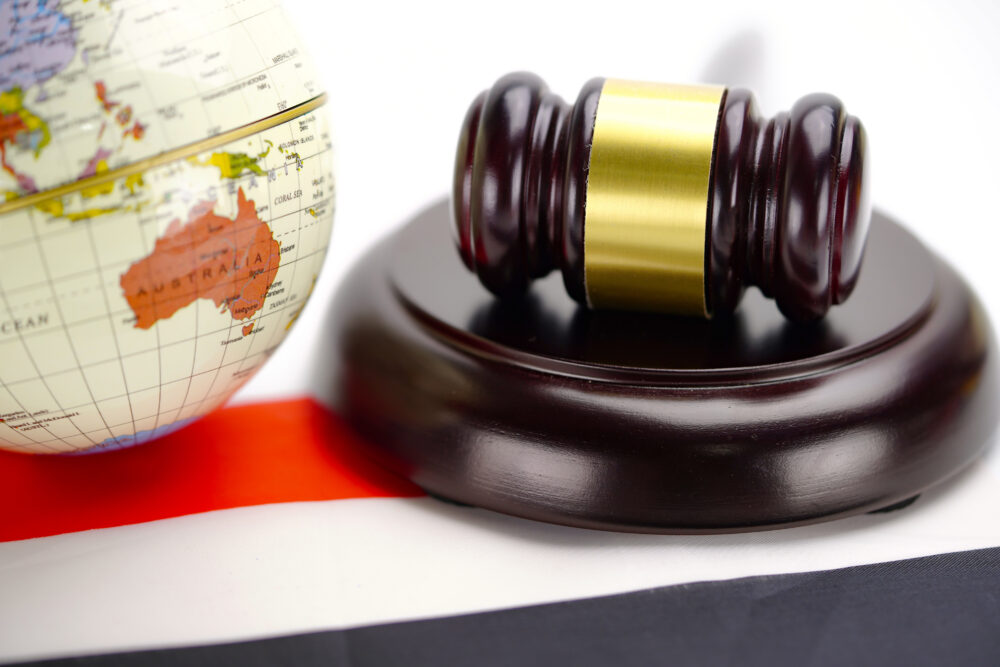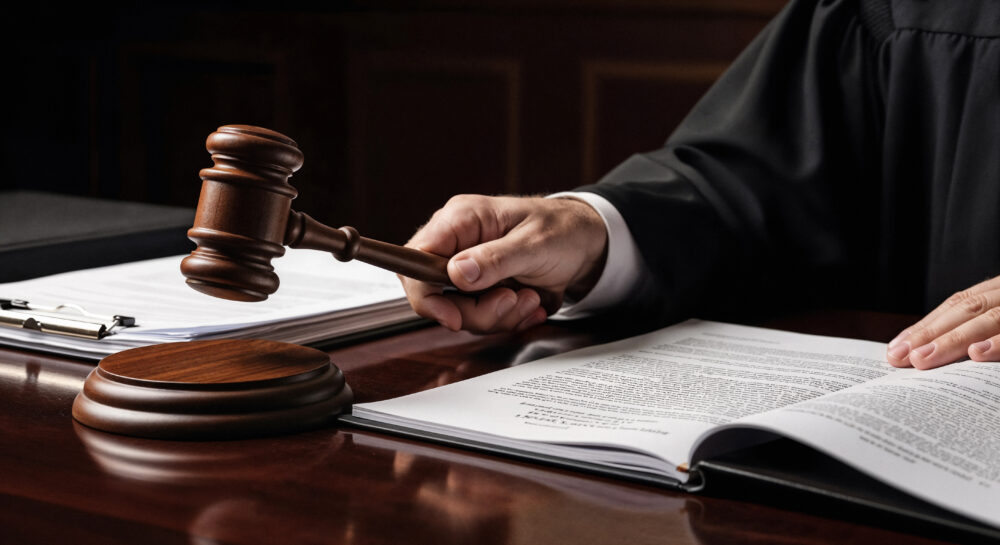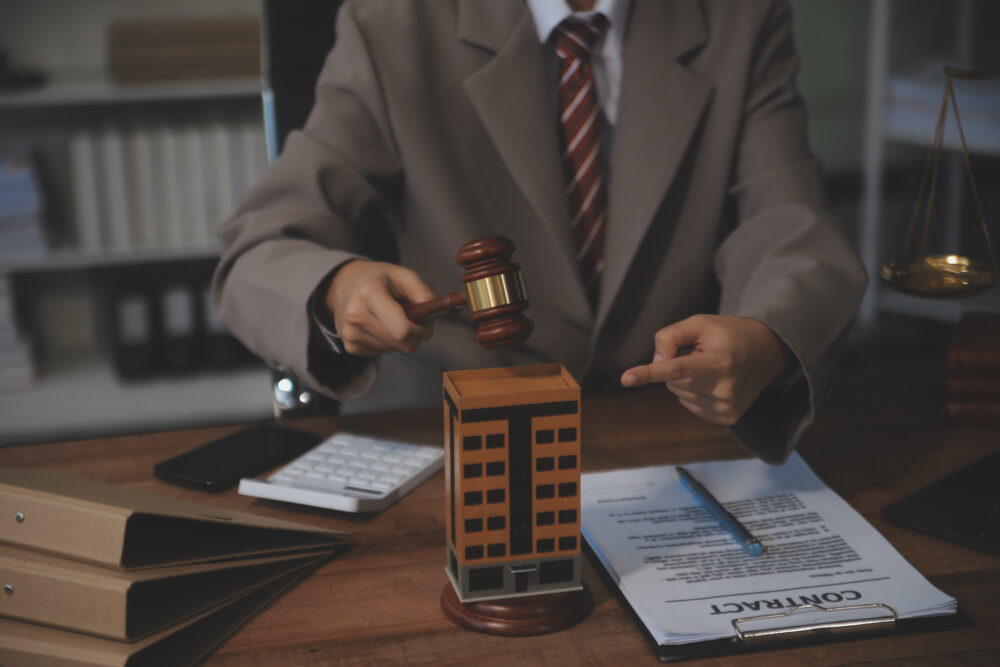In the era of borderless economy, cross-border trade between Vietnamese and foreign businesses is increasingly common. This naturally leads to an increase in commercial disputes. Under Vietnam’s civil procedure law, civil cases, including commercial disputes, involving at least one foreign party are considered civil cases with foreign elements. This article focuses on key considerations for foreign individuals or companies when initiating a lawsuit in Vietnam.
1. Does the Vietnamese court have jurisdiction?
To avoid having the lawsuit petition dismissed or suspended, before filing a lawsuit, it’s crucial to ensure the Vietnamese Court has the authority to hear the case.
According to the provisions of the Vietnamese Civil Procedure Code 2015 (“CPC”), civil cases in general and business and commercial cases in particular in which at least one of the parties is a foreign entity are considered civil cases with foreign elements.
A business and commercial case with foreign elements will fall under the jurisdiction of the Vietnamese Court when it meets the following conditions:
1.1 The case falls under the general jurisdiction of the Court according to Clause 1, Article 469 of the CPC, which means falling into one of the following 5 categories:
1.1.1 The defendant is an individual residing, conducting business, or permanently living in Vietnam.
1.1.2 The defendant is an agency or organisation (hereinafter referred to as “organisation“) headquartered in Vietnam or with a branch or representative office in Vietnam if the case involves the activities of the branch or representative office in Vietnam.
1.1.3 The defendant has assets within Vietnam.
1.1.4 Cases in which the establishment, change, or termination of the civil relations occur in Vietnam, the object of the legal relationship is property located in Vietnam, or the work was performed within Vietnam.
1.1.5 Cases in which the establishment, change, or termination of the civil relations occurred outside Vietnam but relates to the rights and obligations of Vietnamese organisations or individuals or who have their headquarters or place of residence in Vietnam.
1.2 The case does not fall into the cases where the Court must return the petition or suspend the case settlement according to Clause 1, Article 472 of the CPC, that is, it does not fall into one of the following 05 (five) categories:
1.2.1 The litigants have agreed to submit the dispute to a foreign Arbitration or Court (collectively referred to as “Other Agency”), and this agreement is in accordance with the provisions of law applicable to such civil relations.
However, regardless of the parties’ agreement, Vietnamese Courts may still have jurisdiction if one of the following 3 cases occurs:
- The parties have a new agreement to select Vietnamese Courts; or
- The agreement to select Other Agency is invalid or cannot be performed; or
- Other Agency have refused to hear the case.
1.2.2 The case does not fall under the exclusive jurisdiction of the Vietnamese Court and falls under the exclusive jurisdiction of a foreign Court.
The exclusive jurisdiction of the Vietnamese Courts signifies that only Vietnamese Courts possess the authority to adjudicate specific cases. Any judgement or decision rendered by another entity will lack legal validity and enforceability within Vietnam.
Currently, Vietnamese Courts have exclusive jurisdiction over (i) cases concerning real estate situated within Vietnam and (ii) cases where the parties agree to select a Vietnamese Court, provided that such agreement complies with Vietnamese law or international treaties to which Vietnam is a signatory. Consequently, if a case does not fall within these two categories but instead lies within the exclusive jurisdiction of a foreign court, Vietnamese Courts will lack the authority to adjudicate such case.
1.2.3 The case does not fall under the exclusive jurisdiction of the Vietnamese Court and has been accepted for resolution by Other Agency.
1.2.4 The case has been resolved by a judgment, decision or ruling by Other Agency.
1.2.5 The defendant enjoys judicial immunity.
2. Is there still a statute of limitations for filing a lawsuit?
The statute of limitations for filing a lawsuit is the time limit within which a subject is entitled to initiate a lawsuit to request the Court to resolve a civil case to protect their violated rights and legitimate interests. While a court may still entertain a lawsuit filed after the statue of limitations has expired, the opposing party may raise the defense of the expired statute of limitations before the Court of first instance renders a judgment. If this defense is raised, the Court will suspend the case settlement.
The statute of limitations for filing a lawsuit varies depending on the nature of the dispute. For commercial disputes (excluding logistics disputes), the statute of limitations for filing a lawsuit is 2 years from the date of rights infringement [5]. However, when applying the provisions of the Civil Code 2015, the statute of limitations for filing a civil contractual dispute is 03 years from the date the claimant becomes aware or should have become aware of the rights infringement. Notably, the statute of limitations does not apply to claims asserting ownership rights and disputes concerning land use rights [6]. In certain limited circumstances, the statute of limitations for filing a lawsuit can be restarted.
3. Which court level and locality in Vietnam has the authority to resolve the dispute?
Vietnamese Courts exercise jurisdiction based on both level and territory. For business, commercial disputes with foreign elements, the provincial People’s Court generally holds jurisdiction.
Territorial jurisdiction will be determined as follows:
- If the subject of the dispute is real estate, the competent Court will be the Court where the real estate is located.
- If the subject of dispute is not real estate, the competent Court will be the Court where the defendant resides or works if the defendant is an individual or where the defendant is headquartered if the defendant is an agency or organisation.
- In addition, in some cases, the claimant has the right to choose the Court to resolve the dispute. For example, if the dispute arises from a contractual relationship, the claimant can choose the Court according to the territory where the contract was performed. If a dispute has multiple defendants residing, working, or headquartered in many different places, the claimant may choose the Court where one of the defendants resides, works, or is headquartered.
4. Do the submitted documents and evidence comply with all formal requirements?
Documents issued by competent authorities abroad or other documents prepared abroad must be consularly legalised by competent diplomatic agencies of Vietnam to be admissible in Vietnamese Courts. This requirement extends to Powers of Attorney granted to Vietnamese law firms to represent a foreign entity in legal proceedings.
The Court’s use of un-legalised documents may constitute a serious procedural violation under Vietnamese civil procedure law, potentially leading to the annulment of the subsequent judgement.
See more:
1/ Core elements of an arbitration agreement
2/ Loss of right to object in arbitration proceedings
3/ Which disputes can be resolved by commercial arbitration?
Disclaimers:
This article is for general information purposes only and is not intended to provide any legal advice for any particular case. The legal provisions referenced in the content are in effect at the time of publication but may have expired at the time you read the content. We therefore advise that you always consult a professional consultant before applying any content.
For issues related to the content or intellectual property rights of the article, please email cs@apolatlegal.vn.
Apolat Legal is a law firm in Vietnam with experience and capacity to provide consulting services related to Dispute Resolution and contact our team of lawyers in Vietnam via email info@apolatlegal.com.





































